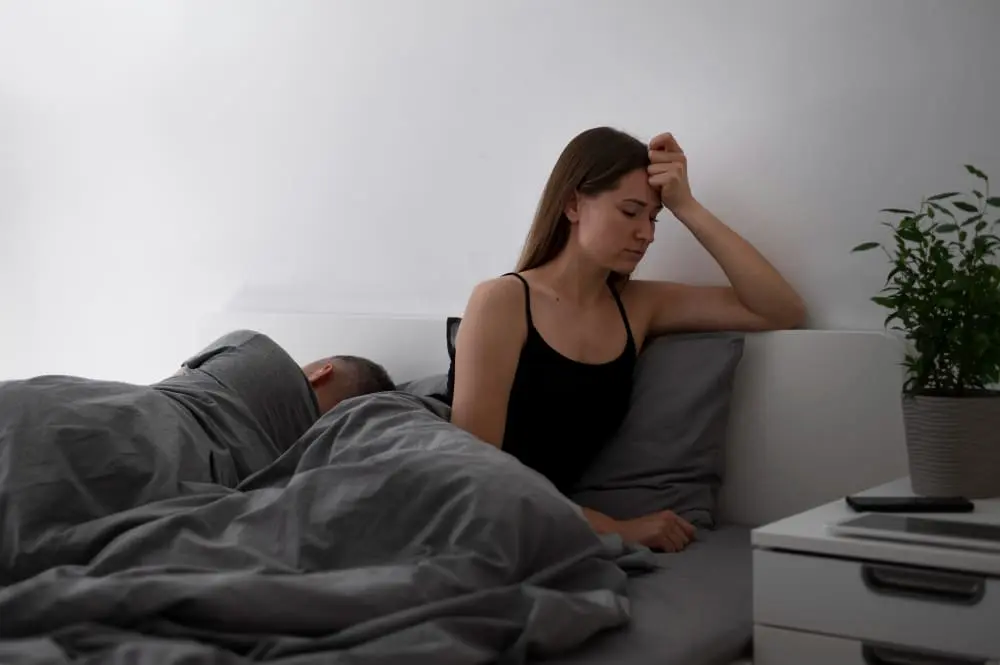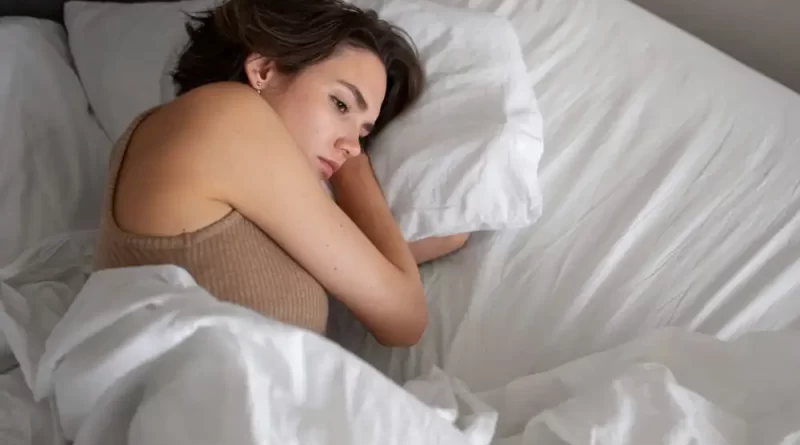Vaginal dryness: Causes, treatments, and natural remedies
In the realm of women’s health, vaginal dryness is a common yet often overlooked issue. It can lead to discomfort, pain during intercourse, and even impact one’s quality of life. In this article, we will delve into the causes behind vaginal dryness, explore various treatment options available, and discuss natural remedies that may provide relief.
Understanding Vaginal Dryness
Vaginal dryness occurs when the tissues of the vagina become less elastic and lubricated. This can result in itching, burning sensations, and pain, particularly during sexual intercourse. While it is most commonly associated with menopause, it can affect women of all ages for various reasons.
You will be interested on: What is the Treatment for Bacterial Vaginosis?
Causes of Vaginal Dryness
- Menopause: A significant decrease in estrogen levels during menopause is one of the primary causes of vaginal dryness. Estrogen helps maintain the health and elasticity of vaginal tissues, and its decline can lead to decreased lubrication.
- Childbirth and Breastfeeding: Hormonal changes during pregnancy and breastfeeding can also contribute to vaginal dryness. These changes can affect estrogen levels, leading to temporary dryness.
- Certain Medications: Some medications, such as antidepressants, antihistamines, and certain birth control methods, can interfere with hormonal balance and contribute to vaginal dryness as a side effect.
- Medical Conditions: Certain medical conditions, such as Sjögren’s syndrome, can cause vaginal dryness as a symptom. Other conditions like diabetes and autoimmune disorders can also affect vaginal lubrication.
- Chemotherapy and Radiation Therapy: Cancer treatments such as chemotherapy and radiation therapy can damage the ovaries and lead to a decrease in estrogen production, resulting in vaginal dryness.
Keep reading: Consult a Best Sexologist in Koramangala
Treatment Options
- Hormone Therapy: For women experiencing vaginal dryness due to menopause, hormone therapy may be recommended. This treatment involves taking estrogen either orally or through topical creams to replenish hormone levels and alleviate symptoms.
- Over-the-Counter Lubricants and Moisturizers: Lubricants and moisturizers specifically designed for vaginal use can provide temporary relief from dryness during sexual activity. These products are available over-the-counter and come in various forms, including gels, creams, and suppositories.
- Vaginal Estrogen Therapy: Vaginal estrogen therapy involves using estrogen in the form of creams, tablets, or rings that are inserted directly into the vagina. This localized treatment can help restore vaginal moisture and elasticity without significantly increasing estrogen levels in the bloodstream.
- Lifestyle Changes: Making certain lifestyle changes can also help alleviate vaginal dryness. Staying hydrated, avoiding douching and harsh soaps, and wearing breathable cotton underwear can promote vaginal health and reduce discomfort.
You will be interested on: Best Sexologist in Bangalore
Natural Remedies
- Hydration: Drinking plenty of water can help maintain overall hydration levels in the body, including the vaginal tissues. Aim to drink at least eight glasses of water per day to keep your body adequately hydrated.
- Omega-3 Fatty Acids: Foods rich in omega-3 fatty acids, such as salmon, flaxseeds, and walnuts, can help reduce inflammation in the body, including the vaginal tissues. Incorporating these foods into your diet may help improve vaginal lubrication.
- Vitamin E: Vitamin E is known for its moisturizing properties and can help hydrate the skin, including the delicate tissues of the vagina. You can increase your intake of vitamin E by consuming foods such as almonds, spinach, and avocado or by taking supplements.
- Herbal Supplements: Certain herbs like black cohosh, dong quai, and red clover have been traditionally used to alleviate menopausal symptoms, including vaginal dryness. However, it’s essential to consult with a healthcare professional before taking any herbal supplements to ensure safety and efficacy.

Conclusion
Vaginal dryness is a common yet treatable condition that can significantly impact a woman’s quality of life. By understanding its causes and exploring various treatment options, women can find relief from discomfort and enjoy a healthier, more fulfilling life. Whether through hormone therapy, over-the-counter products, or natural remedies, there are solutions available to address vaginal dryness and promote vaginal health. Remember to consult with a healthcare provider to determine the most appropriate treatment plan for your individual needs.
Keep reading: How do I consult a sexologist in Hyderabad?
For Online Consultation Call or WhatsApp +91-9995202100
Fill up Quick Online Consultation form





